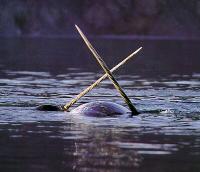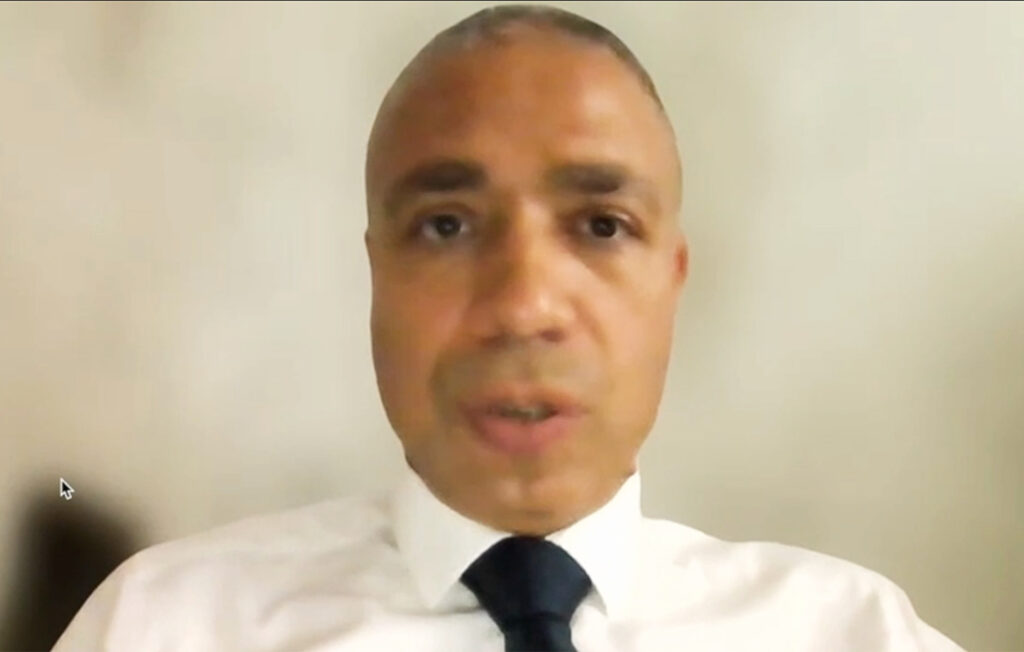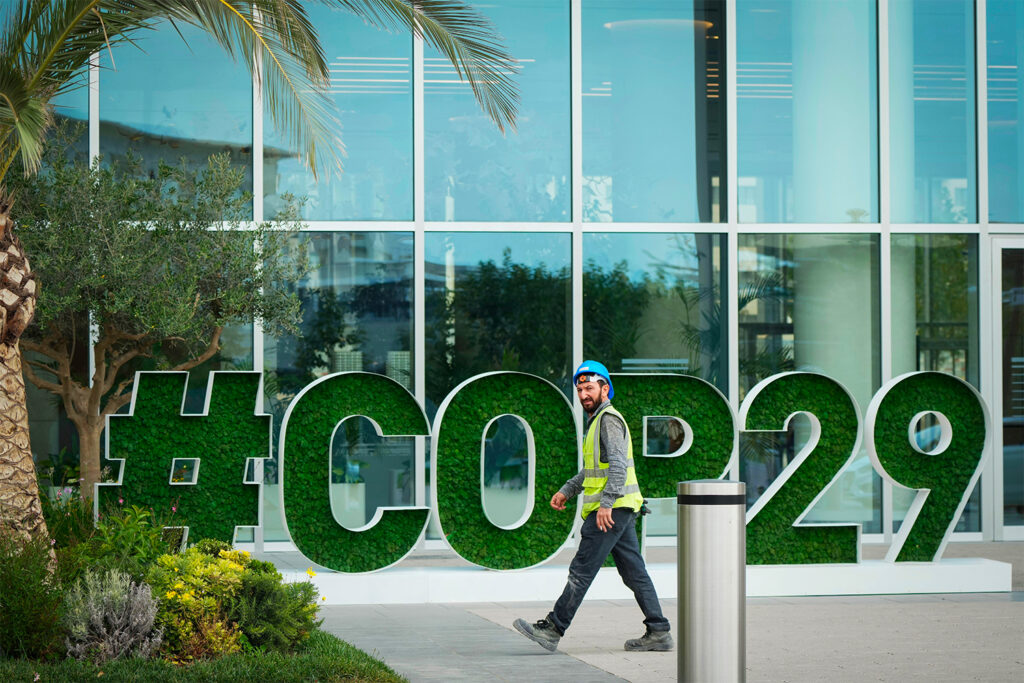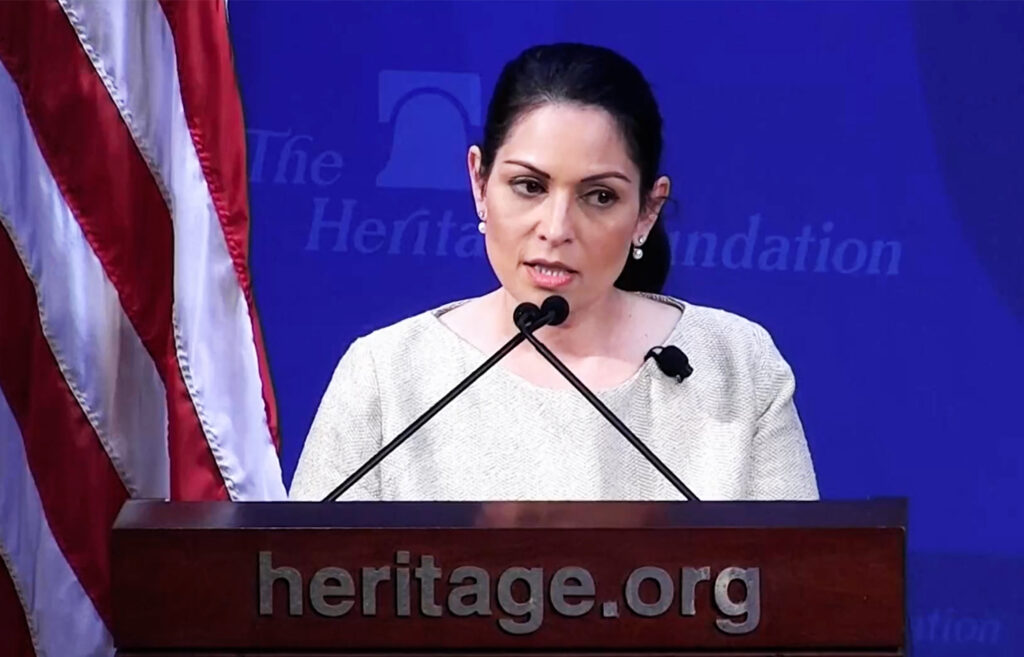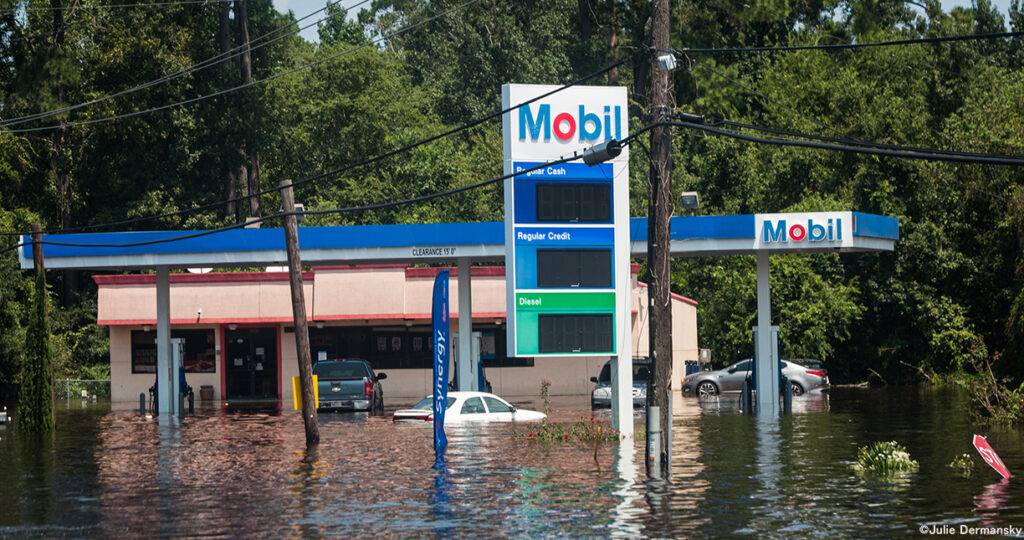The study, published by WWF and the Whale and Dolphin Conservation Society in advance of the 59th meeting of the International Whaling Commission in Anchorage, Alaska, May 28-31, said climate-change impacts are currently greatest in the Arctic and the Antarctic.
According to the report, cetaceans that rely on polar, icy waters for their habitat and food resources – such as belugas, narwhal, and bowhead whales – are likely to be dramatically affected by the reduction of sea ice cover.
As sea ice cover decreases there will be more commercial shipping, oil, gas and mining exploration and development, and military activities in previously untouched areas, resulting in much greater risks from oil and chemical spills, worse acoustic disturbance and more collisions between whales and ships, said lead author Wendy Elliott, from WWF‘s Global Species Program.
WDCS and WWF are urging governments to cut CO2 global emissions by at least 50 percent by mid-century. The latest report of the Intergovernmental Panel on Climate Change showed it was possible to stop global warming if the world’s emissions start to decline before 2015.
Subscribe to our newsletter
Stay up to date with DeSmog news and alerts


